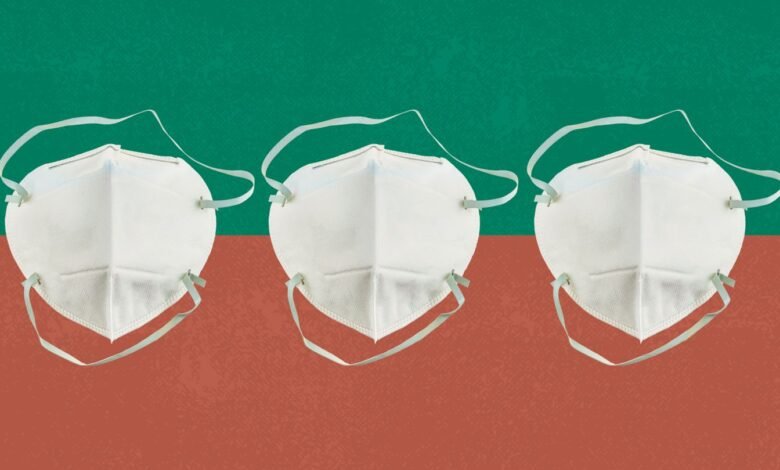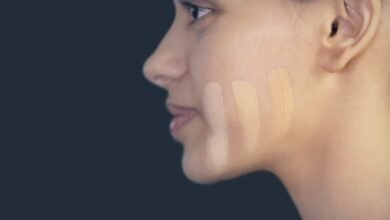Thanks to Tripledemic face masks are back for the holidays

Thanks to “Tripledemic,” face masks are back for the holidays?, masks are becoming more popular, and it’s not just because of the COVID-19 epidemic. Place the blame on a “tripledemic” of the seasonal flu, the respiratory syncytial virus (RSV), and COVID-19.
Because the three viruses are so common right now, William Schaffner, MD, an infectious disease professor at Vanderbilt University Medical Center in Nashville, believes that everyone, aside from those who are at high risk, should wear a mask. Their numbers are growing quickly, too.
Read More: Link Between Sleep and Lung Cancer
face Masks Back Holidays Design

With an estimated 8.7 million illnesses, 78,000 hospitalizations, and 4,500 flu-related deaths as of November 26, the CDC predicts that this season will be the worst in more than a decade. The CDC has also expressed concern about an increase in RSV infections, particularly in youngsters, that has put a load on hospitals around the country. The CDC highly encourages masking even if it does not require it
CDC director Rochelle Walensky, MD, MPH, stated, “One need not wait for CDC action in order to put a mask on,” on December 5. “During the respiratory virus season, but especially in regions with high COVID-19 community levels, we would advocate all of those safe, preventative practices — hand-washing, staying home when you’re sick, masking, enhanced ventilation.”
Here are some frequently asked concerns concerning masks right now, answered by Dr. Schaffner, for those who are tired of wearing them yet concerned about the dangers of traveling and spending time with family and friends over the Christmas season:
Q: What would you say to someone who doesn’t want to go back to wearing a mask?
A: My first recommendation is that the individual examines themselves and determine their personal risk of contracting one of the three worst respiratory viruses—COVID-19, influenza, or RSV—and developing a more serious illness. If infected, you have a significantly higher chance of dying, necessitating hospitalization or being admitted to the intensive care unit if you:
- 65 years or older possess an underlying ailment and are any age (heart or lung disease, diabetes, and others)
have mild, - moderate, or severe immunodeficiency
are expecting
Such individuals should wear a mask whenever they spend a lot of time indoors with other people. This covers going shopping, attending church, participating in indoor sports, and similar activities. Additionally, you have to wear a mask if you are a close carer to a high-risk person.
Q: If somebody wants to avoid masking as much as possible, when should they definitely wear a mask and when might it be okay or at least less risky to skip it?
A: Masks are more crucial when individuals are gathered together indoors. Outside, they are less significant. But there is a danger of transmission even at a football game in a public stadium with enthusiastic fans applauding and yelling.
Q: What’s the best type of mask at this point?
The ideal masks are the N95 and KN95 models because they offer a tighter fit around your cheekbones and chin. Surgical masks are a close second. Cloth masks are not recommended since they offer little to no protection. Any mask must be worn above the nose in order to be effective.
Q: When it comes to masking, should people also think about RSV or flu risk even if their local COVID-19 transmission rate is low?
A: All three of the dangerous respiratory viruses—COVID-19, influenza, and RSV—that are now so infectious may be prevented by using a mask. I’d take into account all three.
Read More: Can Drugs for ED Aid in Alzheimer’s Prevention?
Q: If a person recently recovered from a COVID-19 infection and is now symptom-free, or is fully vaccinated and boosted, do they really need a mask now?
A: In these people, the omicron variations can still result in minor infections. Without a mask, the illnesses might spread to other people.







